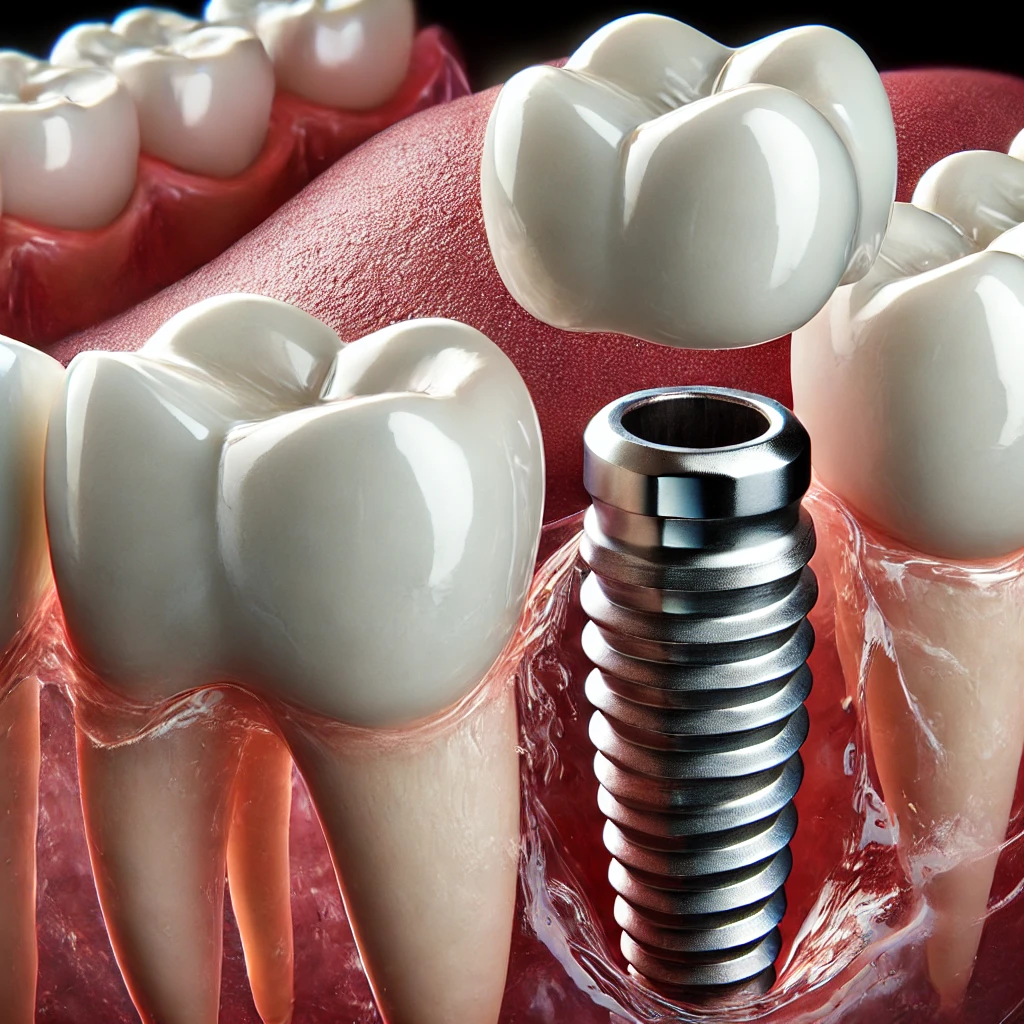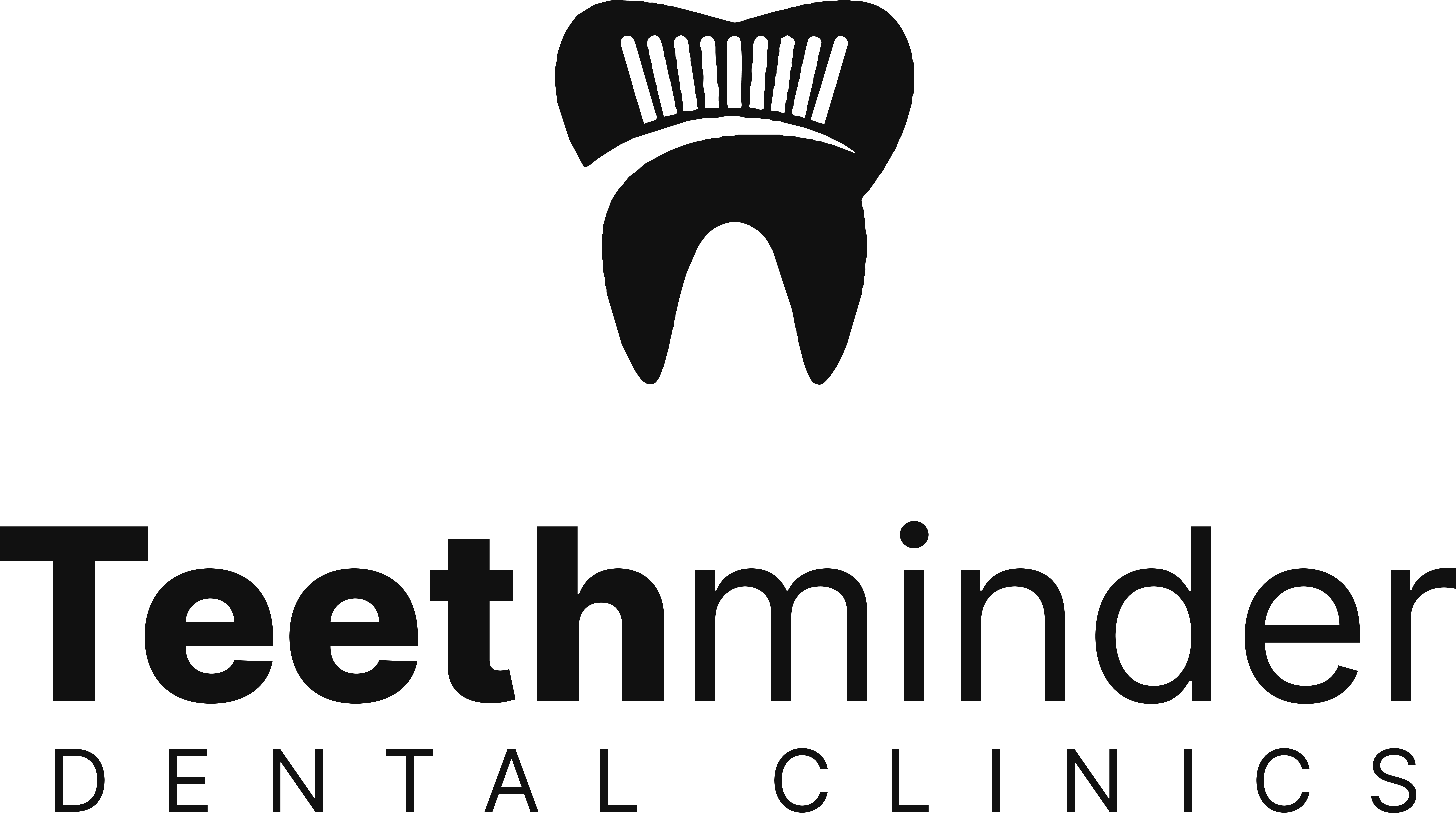
19 Sep How to Maintain Dental Health in Your Senior Years
Maintaining dental health is crucial at every stage of life, but it becomes especially important as we age. With the natural changes that occur in our bodies over time, seniors may face unique challenges in keeping their teeth and gums healthy. In this blog, we’ll discuss practical steps to ensure a bright, healthy smile well into your senior years.

1. Brush Twice Daily with the Right Tools
Brushing your teeth at least twice a day is fundamental to maintaining oral health. However, seniors may benefit from using specific tools for the best results:
- Soft-bristled toothbrush: As gums become more sensitive with age, using a soft-bristled toothbrush can help prevent gum irritation while still effectively removing plaque.
- Electric toothbrush: If mobility or dexterity is an issue, an electric toothbrush can make brushing easier and more thorough.
2. Floss Daily to Remove Plaque
Flossing helps remove food particles and plaque between teeth where a toothbrush can’t reach. Many seniors skip flossing due to difficulties with manual dexterity, but there are options available:
- Floss picks or floss holders: These can be easier to use than traditional floss.
- Water flossers: These devices use a stream of water to clean between teeth and can be a more comfortable alternative to traditional flossing.

3. Use Fluoride Toothpaste and Mouthwash
Fluoride is essential in protecting teeth from decay and strengthening tooth enamel. For seniors, using fluoride toothpaste can help combat increased susceptibility to cavities. Incorporating a fluoride mouthwash into your routine can provide an extra layer of protection against tooth decay.
4. Stay Hydrated to Combat Dry Mouth
Dry mouth, or xerostomia, is a common issue among seniors due to factors like medication use and decreased saliva production. Saliva plays a key role in washing away food particles and neutralizing acids produced by bacteria in the mouth. Here are some tips to prevent dry mouth:
- Drink plenty of water throughout the day.
- Chew sugar-free gum or suck on sugar-free candies to stimulate saliva flow.
- Avoid caffeine, alcohol, and tobacco, as they can exacerbate dry mouth.
5. Maintain a Balanced Diet
A well-balanced diet is crucial for overall health, including oral health. Seniors should aim to consume foods that are rich in calcium, vitamin D, and phosphorus, as these nutrients help strengthen teeth and bones. Some dental-friendly foods include:
- Dairy products like milk, cheese, and yogurt.
- Leafy green vegetables such as spinach and kale.
- Nuts and seeds that provide essential minerals.
Avoid sugary and acidic foods that can wear down tooth enamel and contribute to cavities.

6. Regular Dental Check-Ups
Routine dental check-ups are vital for maintaining oral health in senior years. Dentists can detect early signs of dental problems such as cavities, gum disease, and oral cancer, allowing for prompt treatment. During visits, your dentist may:
- Perform a thorough cleaning to remove plaque and tartar.
- Check for signs of oral cancer, which is more common in seniors.
- Review medications to identify any that may be contributing to oral health issues.
7. Address Dental Issues Promptly
Ignoring dental problems can lead to more severe health issues. Seniors should be proactive in addressing concerns such as toothaches, bleeding gums, or loose teeth. Dental treatments, including fillings, crowns, and dentures, can help restore oral health and function.

8. Consider Dentures or Dental Implants
If you have lost teeth, dentures or dental implants can be a suitable solution to restore functionality and improve your quality of life. Proper care and cleaning of dentures are necessary to prevent gum irritation and infection. Dental implants, although more permanent, also require regular care to maintain oral health.
9. Be Aware of Changes in Oral Health
Seniors should be mindful of changes in their oral health, such as:
- Persistent bad breath.
- Increased tooth sensitivity.
- Changes in the color or texture of the gums.
These changes could indicate underlying issues that require a dentist’s attention.
10. Quit Smoking
Smoking is a major risk factor for gum disease, tooth decay, and oral cancer. For seniors, quitting smoking can significantly improve oral and overall health. There are many resources available to help with quitting, including support groups and smoking cessation programs.
Conclusion
Good oral hygiene practices, regular dental visits, and a balanced diet are key components to maintaining dental health in your senior years. By taking these steps, you can keep your smile healthy and beautiful well into the future. Remember, it’s never too late to start caring for your teeth and gums!



No Comments